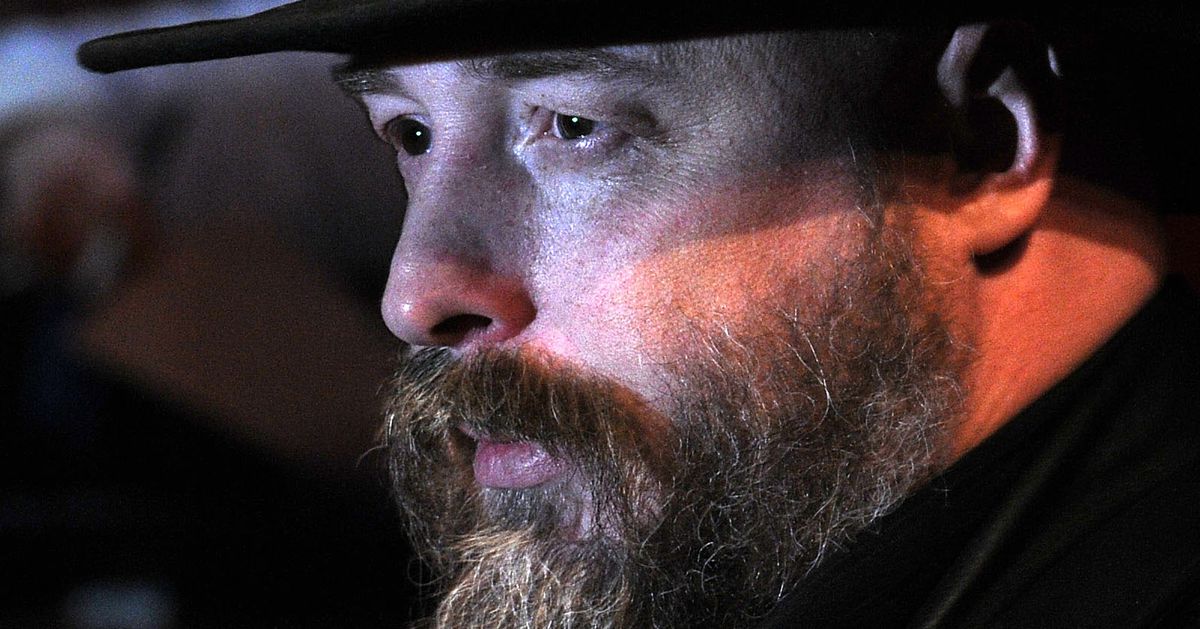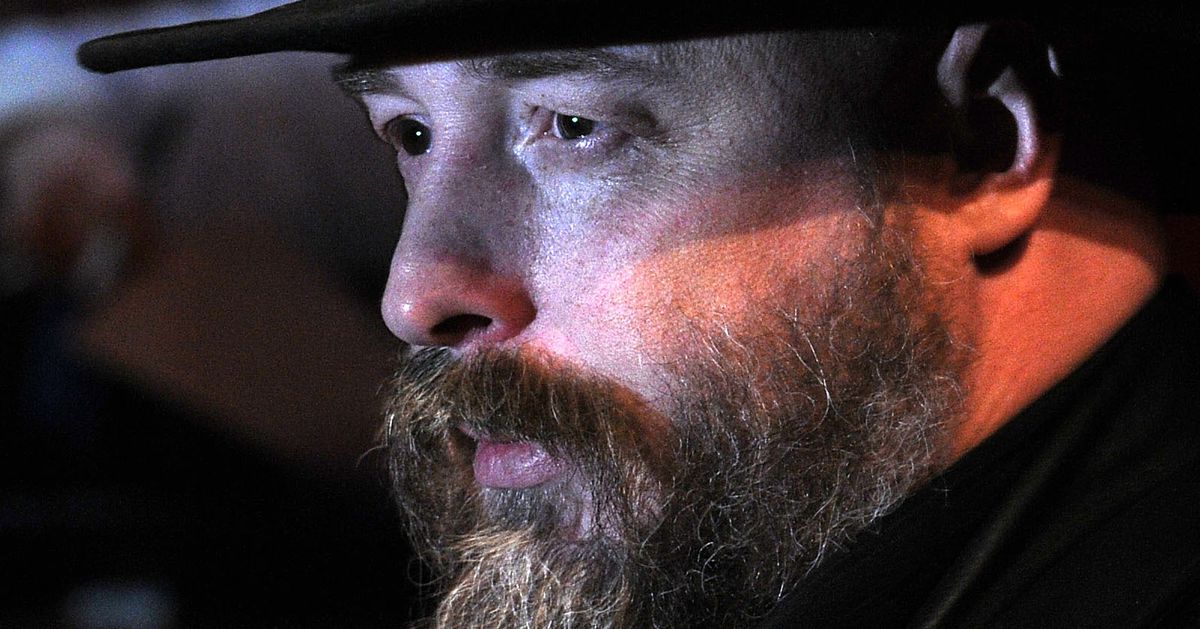
Over 60 women and nonbinary people have accused influential comics author Warren Ellis of manipulative and predatory behavior toward female fans and creatives. An open letter and dozens of statements were collected on a site created by some of his alleged targets, and have also been shared with The Guardian, which published a story on the allegations today.
The site was launched after several weeks of less specific allegations, including some posted on Twitter. The testimonials describe a long pattern of drawing young female fans into online or offline sexual encounters, which often devolved into controlling behavior or insults. According to The Guardian, Ellis secretly maintained up to 19 relationships at a time, while running online forums where many women believed their participation was dependent on looks and availability. One contributor writes about an “unspoken requirement for continued membership: be sexually desirable (if not outright available to be seen as such) or be ridiculed. Or worst of all, ignored.”
Sexual desirability was an “unspoken requirement” for participation
While there are no allegations of assault or other criminal acts, the testimonials describe a clear pattern of troubling relationships that some entries describe as “grooming.” Several accounts describe relationships that seemed to begin as genuine mentorship during a period of vulnerability but were quickly steered toward sex and became something more calculating and transactional. They often ended with Ellis abruptly cutting off contact.
“I am not sure some men fully understand the way that women are subject to a raw deal: participation in society, being treated like a real person, is so often contingent on performative sexuality,” says a participant who uses the pseudonym Madolan Greene. For women trying to break into a creative industry, that created a hostile environment that undercut their work and confidence, even as Ellis publicly boosted women’s profiles.
Ellis’ forums were a key place for breaking into comics
The alleged problem isn’t simply one bad relationship, but a long pattern of treating vulnerable women badly, amplified by Ellis’ power within his industry. In addition to working on landmark comics like Transmetropolitan and other creative projects (most recently the popular Netflix series Castlevania), he ran several forums that became online salons for talented artists and writers in the 2000s. Harris O’Malley, better known as the blogger and relationship coach Dr. Nerdlove, called the eponymous Warren Ellis Forum a “talent incubator, churning out creators who would go on to transform not just comics but television, film and more.” Ms. Marvel writer G. Willow Wilson, another forum member, described it as one of the key avenues for breaking into comics — but for women, a place with a “casting couch atmosphere.”
In a statement posted in June, Ellis offered a broadly apologetic but nonspecific response to the allegations. “I have never considered myself famous or powerful,” he wrote, and “it had never really occurred to me that other people didn’t see it the same way — that I was not engaging as an equal when gifted with attention, but acting from a position of power and privilege. I did not take that into account in a number of my personal interactions and this was a mistake.”
Writer and photographer Katie West, who posted some of the first complaints against Ellis in a now-deleted tweet thread, wrote on Twitter that he was just part of a larger cultural problem. Her tweets came alongside allegations that former Batgirl co-writer Cameron Stewart had pursued teenage fans while in his 30s.
“Our aim is not to see Warren Ellis punished.”
Since the original allegations in June, Ellis has had a story removed from the upcoming Batman comic Dark Nights: Death Metal: Legends of the Dark Knights, apparently at his own request. He is currently a writer for the series The Batman’s Grave, and Netflix ordered a fourth season of Castlevania earlier this year.
The testimonials against Ellis highlight the complexity of sexual misconduct allegations — a blanket term that can describe anything from criminal actions to legal but exploitative behavior. The site’s contributors aren’t asking for Ellis to be permanently ostracized, nor for his work to be forgotten. (They also note that many other people helped create the comics for which he’s known.)
Instead, they want to dismantle a cult of personality built around a famous man and prevent more women from entering a manipulative relationship. “To be clear, our aim is not to see Warren Ellis punished, we are here to look forward. We believe it is important to amplify awareness of a pattern to change the culture of complicity,” reads the letter. “We tell these stories so that anyone can recognize the dangerous nature of this type of behavior and protect themselves and others.”
